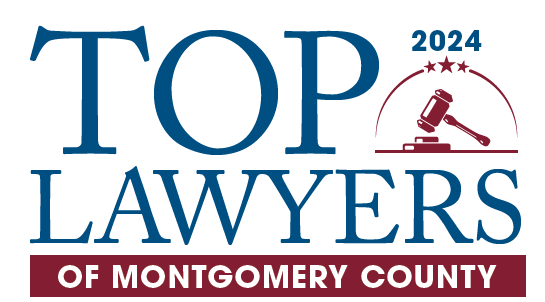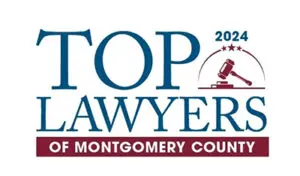
Estates Blog
Disclaimer: The following questions and responses are general in nature and are meant to provide general information under the Pennsylvania Estates Code. Be aware that the circumstances of your situation may vary and, therefore, the appropriate response may differ from that offered below. These posts are not meant to provide specific legal advice or guidance to anyone and must not be construed to do so.
Estates Blog Post 1: May 30, 2024 – Valuing Personal Property of the Decedent
Question: How do I value the Decedent’s jewelry for inheritance tax purposes?
Response: Most people are tempted to use the insurance appraisal value. Actually, that would not be correct and is generally much too high. Instead, take the items to the local jewelry store. Ask them to write up what they would pay you for them. THAT is the value you use. It is the market value that you can get for these items if YOU sold them.
___________________________________________________________________________________________
Estates Blog Post 2: May 31, 2024 – Probate and Non-Probate Assets
Question: What is the Difference between Probate and Non-Probate Assets?
Answer: Probate assets are best explained by telling you what non-probate assets are. Non-probate assets are those assets which have a beneficiary that you assigned to them (IRA, 401k, certain investment accounts, etc), or have a co-owner (a joint bank account, a car titled in two names, etc). We know who to give these assets to after you die because you already designated the beneficiary. These items will pass to those pre-designated beneficiaries “by operation of law”. No Will is necessary or even applicable. On the other hand, Probate assets are assets which are titled solely in the Decedent’s name – like a bank account in just his or her name, or a car, or a boat. Probate items may also be items which carry value, but no ownership title – like grandmom’s engagement ring, or those gold coins in your safe. Since we don’t know who to give these items to, they must pass through your Will. So, your Will addresses where to give your Probate assets.
Be aware that both probate and non-probate money are inheritance tax taxable in Pennsylvania, so, generally, you will still have to record an estate with the register of Wills, so you can pay the inheritance tax on both kinds of assets, in other words, the whole megillah is taxable.
(Exceptions to this: Life insurance proceeds are not inheritance tax taxable in PA. Also, Irrevocable trust funds are likewise not inheritance tax taxable.)




